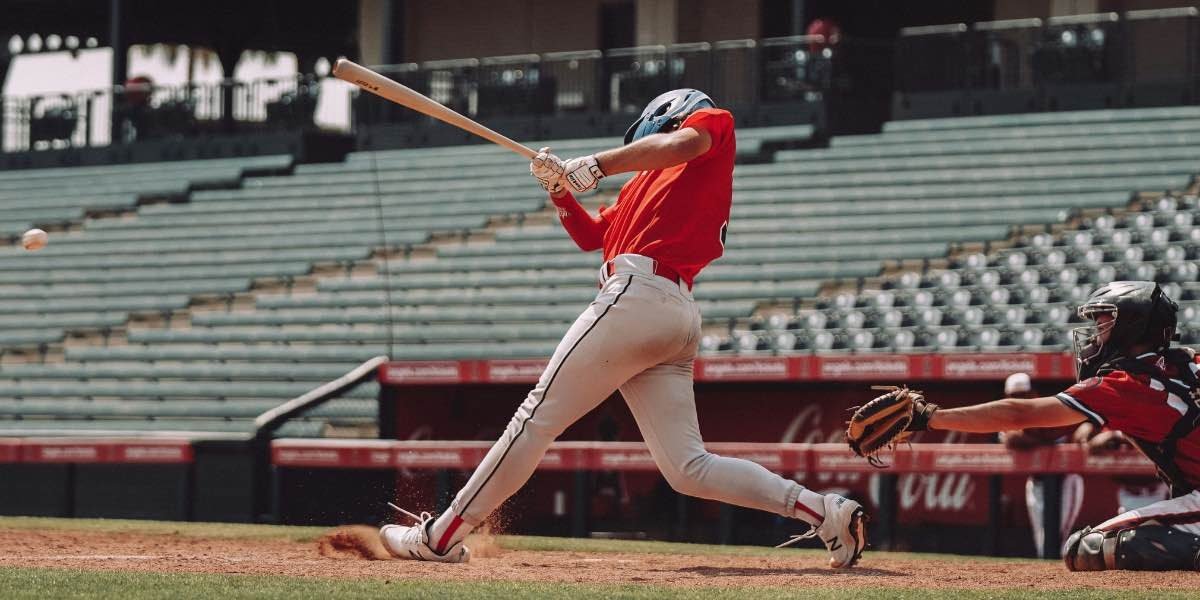In high-stakes baseball games, sportsmanship can play an important role in shaping how players, coaches, and fans experience the competition. While the outcome often grabs the spotlight, the way the game is conducted — with respect, fairness, and integrity — can affect the atmosphere both on and off the field. The role of sportsmanship in baseball, especially during critical moments, touches on player interactions, team dynamics, and the broader spirit of the sport. Understanding this role requires looking beyond just rules and results to consider the social and psychological dimensions involved.
Sportsmanship in baseball includes actions such as showing respect for opponents, accepting umpire decisions gracefully, and maintaining composure under pressure. In high-stakes situations where emotions run high, these behaviors can help prevent conflicts and keep the focus on the game itself. Players who demonstrate good sportsmanship may also influence teammates by modeling positive attitudes and helping maintain a sense of professionalism despite the intensity of competition.
Read also: Extreme Sports Safety: Essential Tips for Staying Safe
How Does Sportsmanship Influence Player Behavior During Crucial Moments?
During pivotal points in a game—such as a close score in the late innings or during tense playoffs—player behavior can become more charged. The role of sportsmanship becomes especially relevant in how players handle success and setbacks. Rather than escalating tensions, sportsmanship encourages players to celebrate achievements respectfully and accept disappointments without resorting to unsportsmanlike conduct.
Respectful gestures, such as tipping the cap to a well-played opponent or acknowledging a good call by an umpire, contribute to a positive competitive environment. Even subtle actions like avoiding excessive celebrations or taunting can help maintain goodwill. These behaviors not only reflect individual character but can also influence the mood of the crowd and the overall atmosphere of the event.
On the contrary, unsportsmanlike behavior—such as arguing calls excessively, showing aggression toward opponents, or ignoring etiquette—can distract from the game and sometimes lead to penalties or altercations. The role of sportsmanship is to help contain these impulses, especially when stakes are high and pressure intensifies.
What Impact Does Sportsmanship Have on Team Cohesion in High-Stakes Games?
High-pressure games often test the mental and emotional resilience of players. The role of sportsmanship in promoting mutual respect among teammates can strengthen team cohesion during these moments. When players uphold standards of fair play and professionalism, it fosters trust and a shared sense of purpose.
A team that collectively values sportsmanship tends to be better at managing internal conflicts and maintaining focus. This shared commitment can support communication and collaboration on the field, which are crucial under stressful conditions. Sportsmanship can also influence leadership within the team, as coaches and veteran players set examples that shape the group’s culture.
When sportsmanship is a visible part of a team’s identity, it may reduce distractions caused by internal disputes or negative reactions to external pressures. This cohesion can be particularly valuable during long seasons or intense playoff series where maintaining a positive environment is challenging.
How Does Sportsmanship Affect Relationships Between Teams and Officials?
Umpires and officials play a central role in enforcing the rules of baseball, and the role of sportsmanship includes how players and coaches interact with them. Respectful treatment of officials can contribute to smoother game management and reduce conflicts that disrupt play.
Players and coaches who display sportsmanship by accepting decisions—even controversial ones—help uphold the authority of the officiating crew and maintain the flow of the game. This respect can also foster better communication between teams and officials, allowing concerns to be raised in appropriate ways without escalating tensions.
Conversely, confrontational or disrespectful behavior toward umpires can lead to ejections, delays, and a less controlled environment. In high-stakes games, maintaining this respect is especially important since emotions tend to be heightened and stakes are greater.
In What Ways Does Sportsmanship Influence Fan Experience in Important Games?
Fans play a significant role in baseball, and their experience is influenced by the conduct of players and teams. Sportsmanship in high-stakes games can contribute to a more enjoyable and respectful atmosphere for spectators.
When players demonstrate respect for opponents and officials, it encourages fans to focus on the quality of play rather than conflicts or unsavory behavior. Positive examples of sportsmanship may also inspire similar attitudes among spectators, helping to prevent hostile interactions in the stands.
Unsportsmanlike conduct by players or coaches can sometimes provoke negative fan reactions, including booing, yelling, or even unruly behavior. This can affect the reputation of the sport and impact future attendance or viewership.
The role of sportsmanship in shaping fan experience is thus significant, as it influences not only the immediate environment but also the broader perception of baseball as a respectful and competitive game.
How Does Sportsmanship Contribute to the Integrity and Tradition of Baseball?
Baseball has long been associated with values such as fairness, respect, and honor. The role of sportsmanship connects deeply to these traditions, helping preserve the integrity of the game.
When players act with sportsmanship, they uphold unwritten codes of conduct that have been part of baseball’s culture for generations. These codes emphasize respect for opponents, humility in victory, and dignity in defeat.
Maintaining these standards in high-stakes games is important because it reinforces the idea that baseball is more than just competition—it is a sport with a shared set of values that transcend individual outcomes.
This adherence to sportsmanship helps ensure that baseball remains a game where the manner of play is as valued as the results, contributing to its lasting appeal and significance.
What Challenges Exist in Promoting Sportsmanship in High-Stakes Baseball?
Despite its recognized importance, the role of sportsmanship can be challenged by factors inherent in high-stakes competition. The pressure to win, intense rivalries, and emotional investment often create situations where players may struggle to maintain composure.
External influences such as fan expectations, media attention, and financial stakes can also increase tension and test sportsmanship. Players might find it difficult to balance competitive drive with respectful conduct, particularly when faced with perceived injustices or provocations.
Teams and leagues often implement codes of conduct and disciplinary measures to encourage sportsmanship, but enforcement can vary. The subjective nature of what constitutes poor sportsmanship sometimes leads to debates and inconsistencies.
Recognizing these challenges highlights the complexity of fostering sportsmanship consistently, especially when the stakes are high and emotions run deep.
Read also: Short Game Techniques for Finishing Golf Holes
How Can Leadership Influence Sportsmanship in Critical Baseball Moments?
Leadership within teams often shapes the role of sportsmanship during critical games. Coaches, captains, and veteran players may set the tone through their behavior and expectations.
Leaders who emphasize respect, fairness, and composure can influence younger or less experienced players, helping to build a team culture that values sportsmanship even under pressure. Their actions—whether in moments of victory or defeat—can serve as examples that resonate throughout the team.
Effective leadership may also involve managing conflicts, calming tensions, and encouraging positive communication both within the team and with opponents or officials.
The role of leadership is therefore central to sustaining sportsmanship, providing guidance that can help players navigate the emotional challenges of high-stakes baseball.








